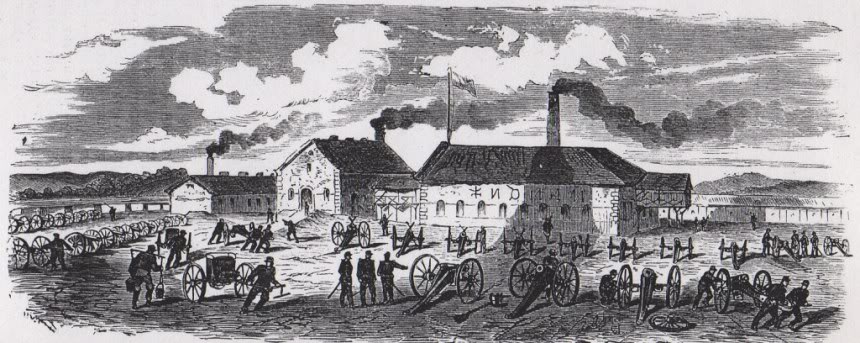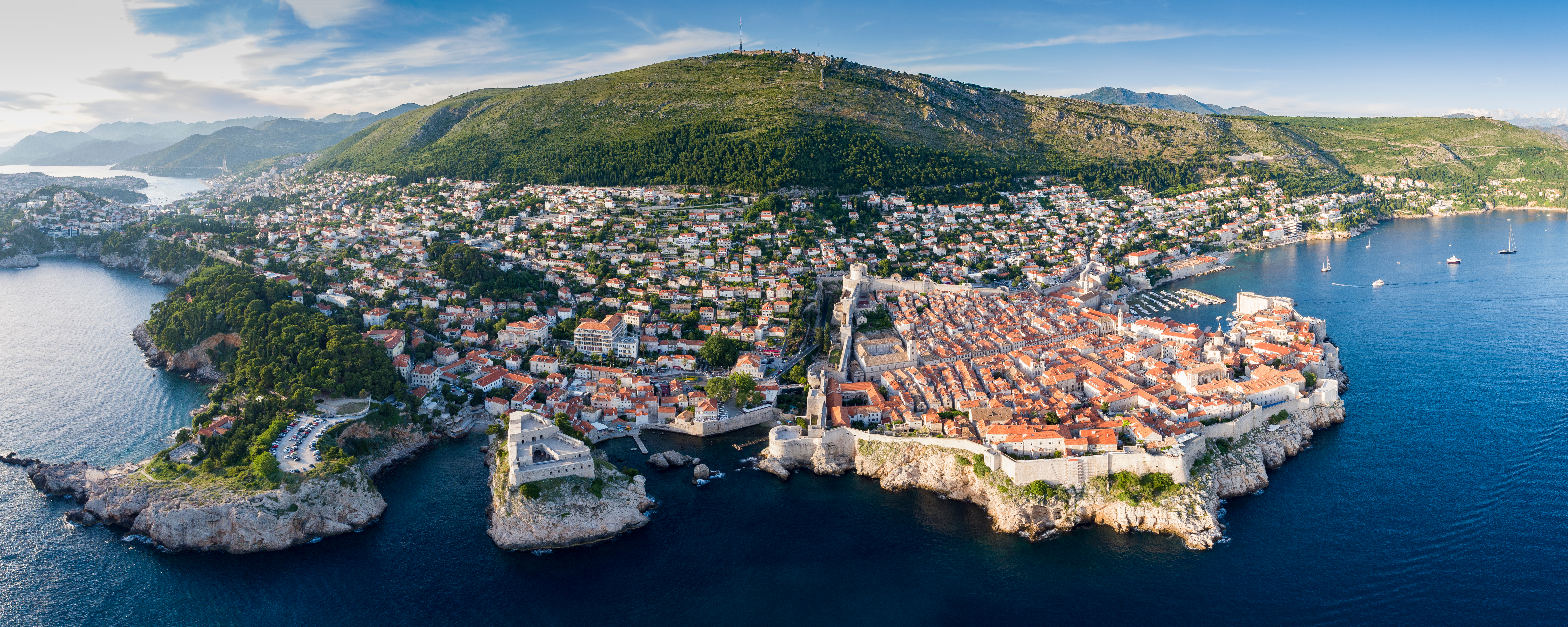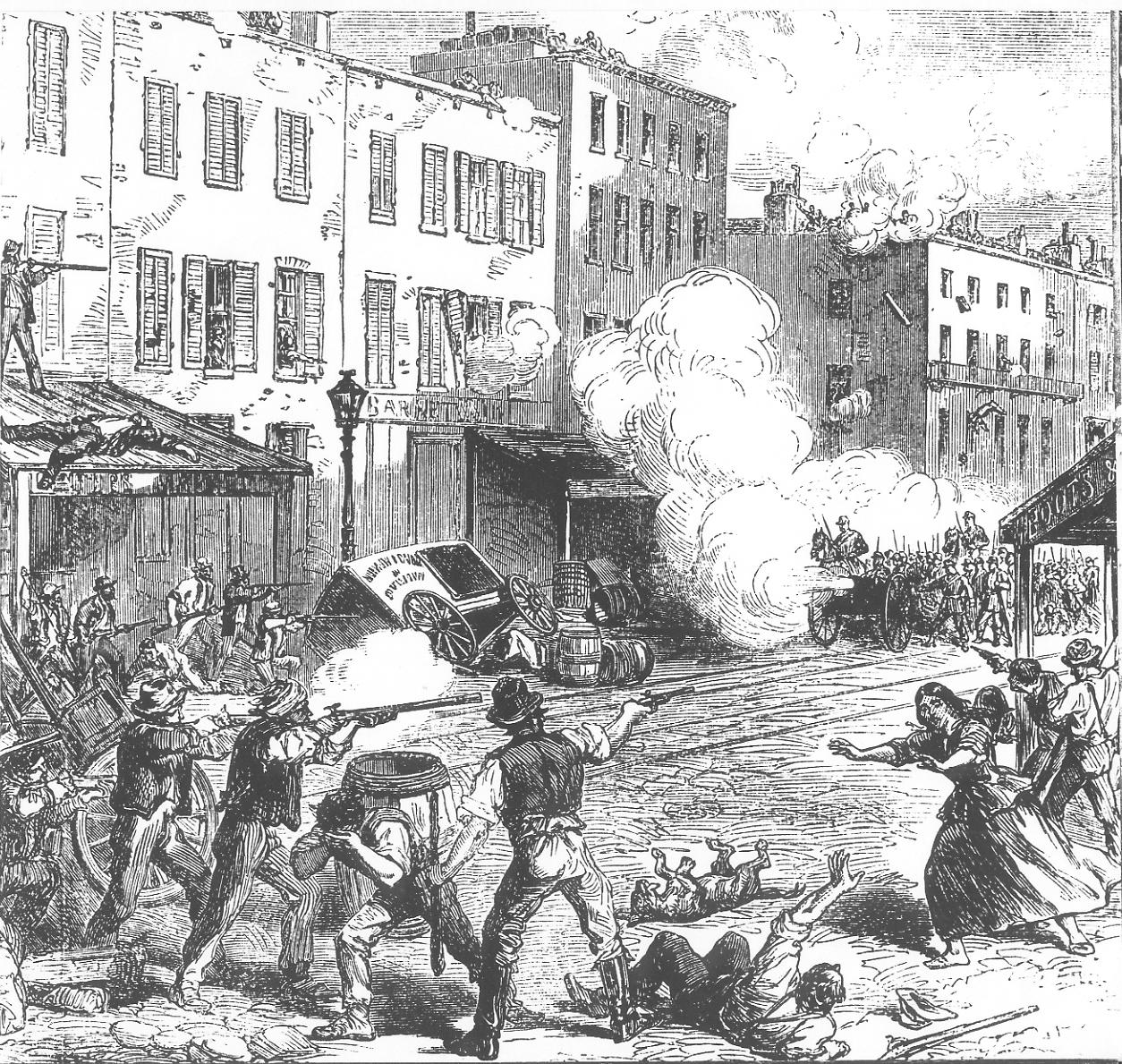|
Andrej Mitrović
Andrej Mitrović ( sr-cyr, Андреј Митровић; 17 April 1937 – 25 August 2013) was a Serbian historian, professor and author. A specialist of the contemporary history of Serbia and Yugoslavia, he served as the head of the Contemporary History Department at the Faculty of Philosophy, University of Belgrade. Mitrović wrote extensively on the First World War, the Paris Peace Conference, interwar Europe as well as on economic, social, cultural history and historiography. As one of the leading Yugoslav and Serbian historians of the 20th century, Mitrović often challenged his country's historical narratives and was openly critical of Serbian nationalism in the late 1980s and early 1990s. He was a corresponding member of the Serbian Academy of Science and Arts, a member of the Montenegrin Academy of Sciences and Arts, and the recipient of several prestigious awards. Early life and education Andrej Mitrović was born in Kragujevac, Kingdom of Yugoslavia, where h ... [...More Info...] [...Related Items...] OR: [Wikipedia] [Google] [Baidu] |
Kragujevac
Kragujevac ( sr-Cyrl, Крагујевац, ) is the List of cities in Serbia, fourth largest city in Serbia and the administrative centre of the Šumadija District. It is the historical centre of the geographical region of Šumadija in central Serbia, and is situated on the banks of the Lepenica (Great Morava), Lepenica River. According to the 2022 census, City of Kragujevac has 171,186 inhabitants. Kragujevac was the first capital of modern Serbia and the first constitution in the Balkans, the Sretenje Constitution, was proclaimed in the city in 1835. A unit of the Scottish Women's Hospitals for Foreign Service was located there in World War I. During the Second World War, Kragujevac was the site of a Kragujevac massacre, massacre by the Nazis in which 2,778 Serb men and boys were killed. Modern Kragujevac is known for its large munitions (Zastava Arms) and automobile (Fiat Serbia) industries, as well as its status as an education centre housing the University of Kragujevac, one ... [...More Info...] [...Related Items...] OR: [Wikipedia] [Google] [Baidu] |
Montenegrin Academy Of Sciences And Arts
Montenegrin Academy of Sciences and Arts ( sh-Cyrl, Црногорска академија наука и умјетности, ЦАНУ; ) is the most important scientific institution of Montenegro. History It was founded in 1973 as the Montenegrin Society for Science and Arts (, ) and adopted its current name in 1976. It currently has 40 members ( academicians) in three departments: natural sciences, humanities and arts. The CANU has often been considered and described as a pro-Serbian institution in Montenegro, as the academy' posits the Serb ethnic origin of the Montenegrins. In opposition to this, a splinter group of intellectuals had formed the Doclean Academy of Sciences and Arts (DANU) in 1997, registered as a non-governmental organization, in an attempt to counter the official pro-Serbian academy. Amid the constitutional reforms of 2007 CANU had resisted the standardization of the Montenegrin literary standard supporting the interpretation according to which Montenegr ... [...More Info...] [...Related Items...] OR: [Wikipedia] [Google] [Baidu] |
Herder Prize
The Herder Prize (), named after the German philosopher Johann Gottfried Herder (1744–1803), was a prestigious international prize awarded every year from 1964 to 2006 to scholars and artists from Central and Southeast Europe whose life and work have contributed to the cultural understanding of European countries and their peaceful interrelations. Established in 1963, the first prizes were awarded in 1964. History The prize jury was composed of German and Austrian universities. Financing for the Prize, which amounted to €15,000, was sponsored by the Alfred Toepfer Foundation based in Hamburg. The awards were traditionally presented in an annual ceremony at the University of Vienna and handed over by the President of Austria. Each prize also included a one-year scholarship at an Austrian university given to a young person nominated by the winning scholar. The prize was open to humanities scholars and artists from a wide variety of fields, including ethnographers, writers, arc ... [...More Info...] [...Related Items...] OR: [Wikipedia] [Google] [Baidu] |
Alexander Korb
Alexander Martin Korb (born 1976) is a German historian specialising in the Holocaust, genocide, anti-Semitism and related mass crimes in Central and Eastern Europe. From 2010 to 2024 Korb was a lecturer in Modern European History at the University of Leicester. Between 2012 and 2018 he served as director of the Stanley Burton Centre for Holocaust Studies. As of June 2024 he is the Director of the Memorium Nuremberg Trials, an information and documentation centre in Nuremberg focused on the history and present-day impact of the Nuremberg Trials. Biography Korb studied history and received an M.A. in contemporary and Medieval History from Technische Universität Berlin in 2004, and in gender studies from the Humboldt University of Berlin. In addition he studied History, Russian and Baltic studies at Charles University Prague, State University Voronezh, Université d'Aix-Marseille, and Ludwigs Maximilian Universität München. During his research fellowship at the United Sta ... [...More Info...] [...Related Items...] OR: [Wikipedia] [Google] [Baidu] |
Historical Revisionism
In historiography, historical revisionism is the reinterpretation of a historical account. It usually involves challenging the orthodox (established, accepted or traditional) scholarly views or narratives regarding a historical event, timespan, or phenomenon by introducing contrary evidence or reinterpreting the motivations and decisions of the people involved. Revision of the historical record can reflect new discoveries of fact, evidence, and interpretation as they come to light. The process of historical revision is a common, necessary, and usually uncontroversial process which develops and refines the historical record to make it more complete and accurate. One form of historical revisionism involves a reversal of older moral judgments. Revision in this fashion is a more controversial topic, and can include denial or distortion of the historical record yielding an illegitimate form of historical revisionism known as ''historical negationism'' (involving, for example, dist ... [...More Info...] [...Related Items...] OR: [Wikipedia] [Google] [Baidu] |
Siege Of Dubrovnik
The siege of Dubrovnik ( sh-Latn-Cyrl, opsada Dubrovnika, опсада Дубровника) was a military engagement fought between the Yugoslav People's Army (JNA) and Croatian forces defending the city of Dubrovnik and its surroundings during the Croatian War of Independence. The JNA started its advance on 1 October 1991, and by late October, it had captured virtually all the land between the Pelješac and Prevlaka peninsulas on the coast of the Adriatic Sea, with the exception of Dubrovnik itself. The siege was accompanied by a Yugoslav Navy blockade. The JNA's bombardment of Dubrovnik, including that of the Old Town—a UNESCO World Heritage Site—culminated on 6 December 1991. The bombardment provoked international condemnation, and became a public relations disaster for Republic of Serbia (1990–2006), Serbia and Socialist Republic of Montenegro, Montenegro, contributing to their diplomatic and economic isolation, as well as the international recognition of independenc ... [...More Info...] [...Related Items...] OR: [Wikipedia] [Google] [Baidu] |
Anti-war Movement
An anti-war movement is a social movement in opposition to one or more nations' decision to start or carry on an armed conflict. The term ''anti-war'' can also refer to pacifism, which is the opposition to all use of military force during conflicts, or to anti-war books, paintings, and other works of art. Some activists distinguish between anti-war movements and peace movements. Anti-war activists work through protest and other grassroots means to attempt to pressure a government (or governments) to put an end to a particular war or conflict or to prevent one from arising. History American Revolutionary War Substantial opposition to British war intervention in America led the British House of Commons on 27 February 1783 to vote against further war in America, paving the way for the Second Rockingham ministry and the Peace of Paris. Antebellum United States Substantial antiwar sentiment developed in the United States roughly between the end of the War of 1812 and the com ... [...More Info...] [...Related Items...] OR: [Wikipedia] [Google] [Baidu] |
Other Serbia
The Other Serbia or the Second Serbia () was a term used in Serbia during the 1990s, to denote groups of intellectuals, who identified as anti-war, anti-nationalist and pro-democracy, united around their opposition to the regime of Slobodan Milošević, media consensus, war, nationalism, and the rhetoric surrounding it. History In 1991, the Yugoslav Wars began in Slovenia and Croatia before spreading in 1992 to Bosnia and Herzegovina. In Serbia anti-war intellectuals started to unite around their opposition to the dictatorship, media consensus, the growth of nationalism and war. In 1992 the Belgrade Circle published a book edited by Ivan Čolović and Aljoša Mimica, called ''The Other Serbia;'' the book contained 80 speeches and essays, made during ten public forums that took place from April 11 to June 20, 1992 at the Student Cultural Center. The participants of those forums which raised its voice against war, hatred, extermination, and ethnic cleansing (mostly university pr ... [...More Info...] [...Related Items...] OR: [Wikipedia] [Google] [Baidu] |
Belgrade Circle
The Belgrade Circle is an NGO established in Belgrade Belgrade is the Capital city, capital and List of cities in Serbia, largest city of Serbia. It is located at the confluence of the Sava and Danube rivers and at the crossroads of the Pannonian Basin, Pannonian Plain and the Balkan Peninsula. T ..., Serbia, in February 1992. Initially, the organisation hosted lectures and discussions with mainly Serbian intellectuals, united by their opposition to the nationalist policies of Slobodan Milošević. The Belgrade Circle formed links with NGOs in other parts of the former Yugoslavia, and began to gain an international reputation, hosting lectures by internationally acclaimed intellectuals including Jacques Derrida, Christopher Norris (critic), Christopher Norris and Richard Rorty. The organisation subsequently focused on strengthening civil society, and worked in co-operation with universities and academics from across the world. It also publishes the ''Belgrade Circle Journal'' ... [...More Info...] [...Related Items...] OR: [Wikipedia] [Google] [Baidu] |
Slobodan Milošević
Slobodan Milošević ( sr-Cyrl, Слободан Милошевић, ; 20 August 1941 – 11 March 2006) was a Yugoslav and Serbian politician who was the President of Serbia between 1989 and 1997 and President of the Federal Republic of Yugoslavia from 1997 until Overthrow of Slobodan Milošević, his оverthrow in 2000. Milošević played a major role in the Yugoslav Wars and became the first sitting head of state charged with war crimes. Born in Požarevac, he studied law at the University of Belgrade Faculty of Law during which he joined the League of Socialist Youth of Yugoslavia. From the 1960s, he was advisor to the mayor of Belgrade, and in the 1970s he was a chairman of large companies as the protégé of Serbian leader Ivan Stambolić. Milošević was a high-ranking member of the League of Communists of Serbia (SKS) during the 1980s; he 8th Session of the Central Committee of the League of Communists of Serbia, came to power in 1987 after he ousted opponents, includin ... [...More Info...] [...Related Items...] OR: [Wikipedia] [Google] [Baidu] |
Masterpiece
A masterpiece, , or ; ; ) is a creation that has been given much critical praise, especially one that is considered the greatest work of a person's career or a work of outstanding creativity, skill, profundity, or workmanship. Historically, a "masterpiece" was a work of a very high standard produced by an apprentice to obtain full membership, as a "master", of a guild or academy in various areas of the visual arts and crafts. Etymology The form ''masterstik'' is recorded in English or Scots in a set of Aberdeen guild regulations dated to 1579, whereas ''masterpiece'' is first found in 1605, already outside a guild context, in a Ben Jonson play. ''Masterprize'' was another early variant in English. In English, the term rapidly became used in a variety of contexts for an exceptionally good piece of creative work, and was "in early use, often applied to man as the 'masterpiece' of God or Nature". History Originally, the term ''masterpiece'' referred to a piece of work ... [...More Info...] [...Related Items...] OR: [Wikipedia] [Google] [Baidu] |
John R
John R. (born John Richbourg, August 20, 1910 – February 15, 1986) was an American radio disc jockey who attained fame in the 1950s and 1960s for playing rhythm and blues music on Nashville radio station WLAC. He was also a notable record producer and artist manager. Richbourg was arguably the most popular and charismatic of the four announcers at WLAC who showcased popular African-American music in nightly programs from the late 1940s to the early 1970s. (The other three were Gene Nobles, Herman Grizzard, and Bill "Hoss" Allen.) Later rock music disc jockeys, such as Alan Freed and Wolfman Jack, mimicked Richbourg's practice of using speech that simulated African-American street language of the mid-twentieth century. Richbourg's highly stylized approach to on-air presentation of both music and advertising earned him popularity, but it also created identity confusion. Because Richbourg and fellow disc jockey Allen used African-American speech patterns, many listeners thought t ... [...More Info...] [...Related Items...] OR: [Wikipedia] [Google] [Baidu] |





